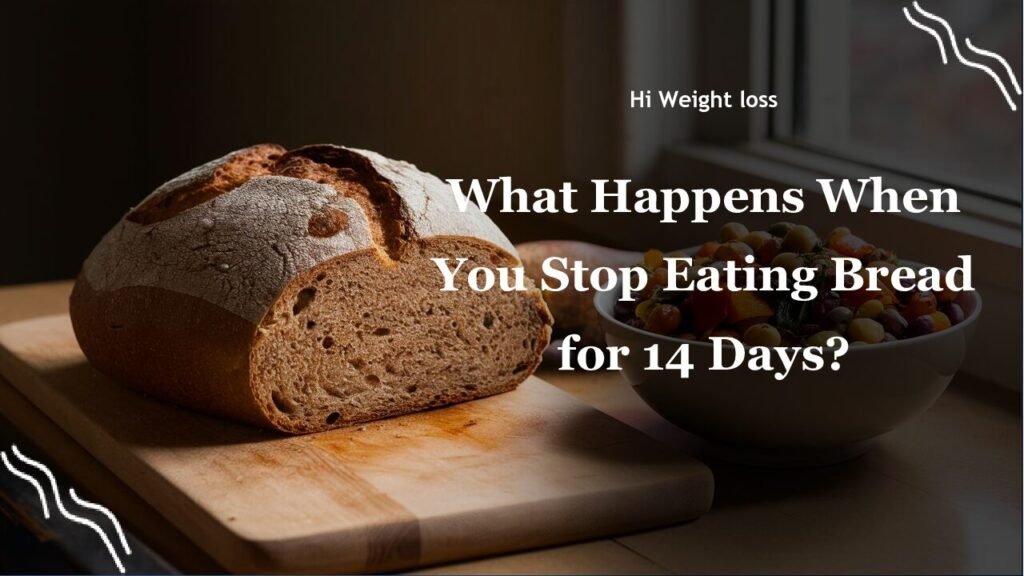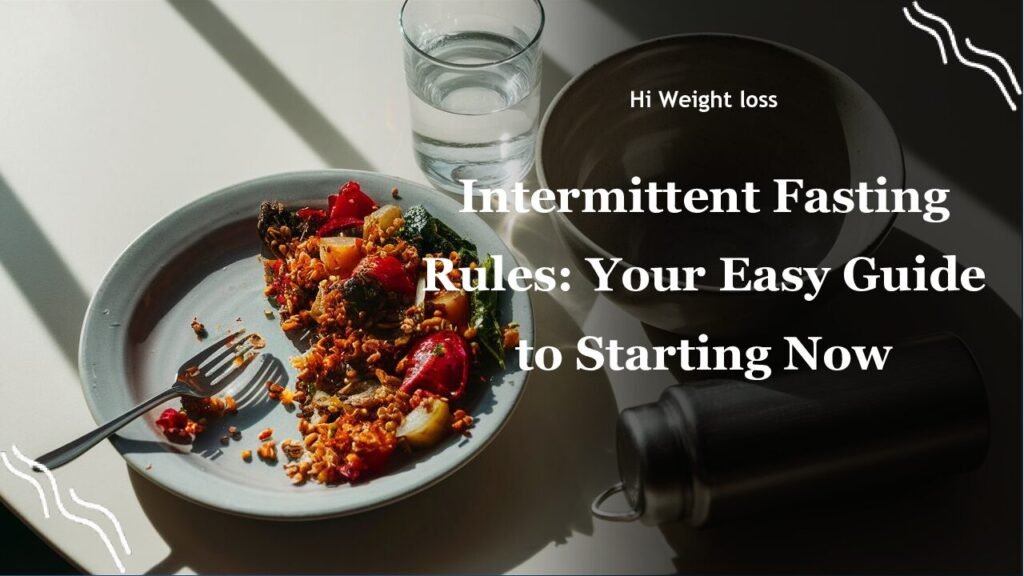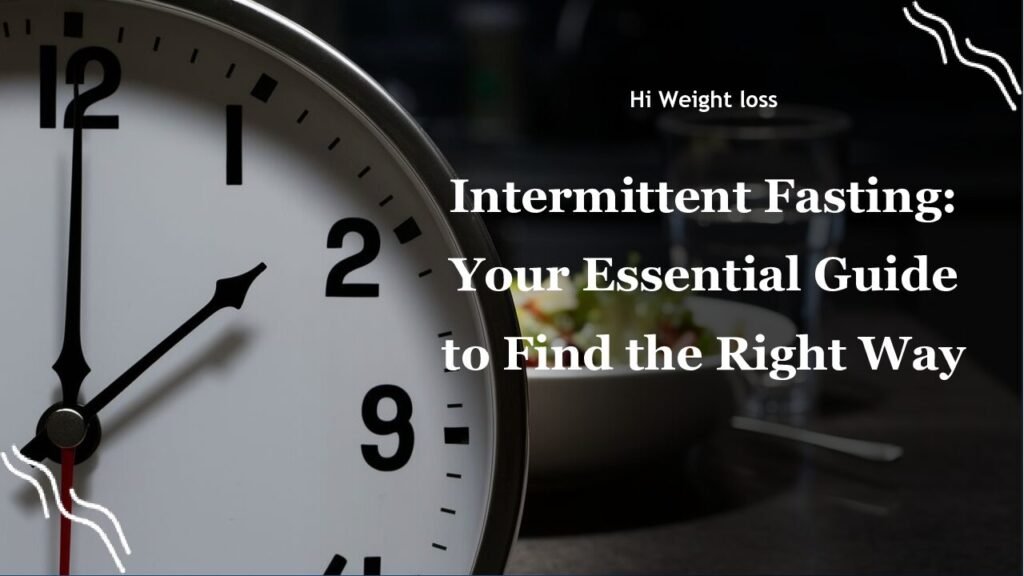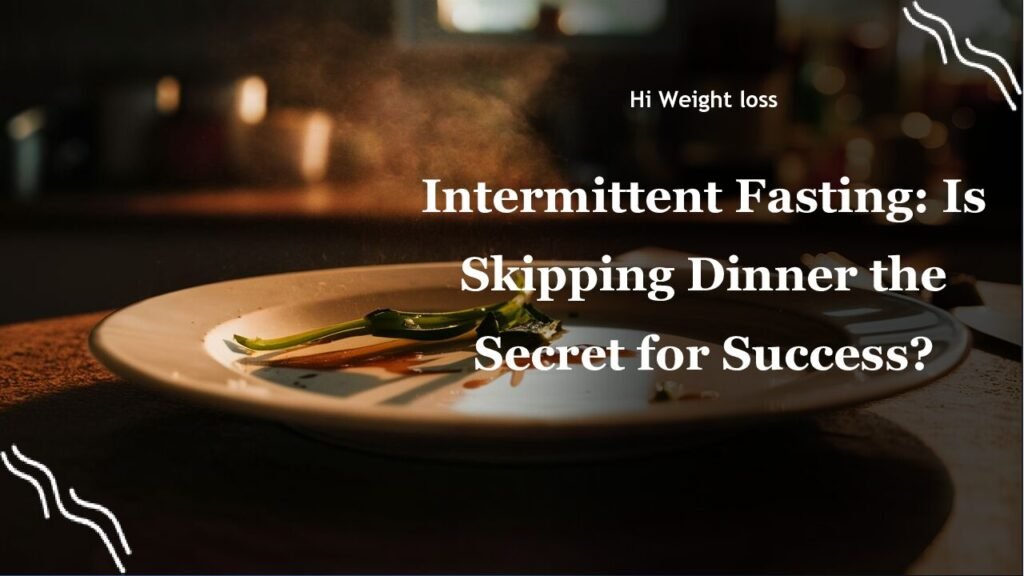“`
Are you feeling sluggish, bloated, or just not quite yourself? Perhaps your daily bread consumption is the culprit. What happens if you stop eating bread for 14 days? This article will explore the significant physiological and nutritional shifts that can occur when you eliminate bread from your diet for two weeks. Prepare to discover some surprising changes, from weight loss and digestive improvements to fluctuating energy levels. Let’s dive in and see how this simple dietary tweak might impact you.
The Initial Shock: Reduced Carbohydrate Intake and Energy Levels
Cutting out bread means a substantial drop in your carbohydrate intake. Bread, often a primary source of carbs for many, fuels our bodies. When you suddenly remove it, your body can react, leading to some initial discomfort. I remember when I tried a very low-carb diet; for the first few days, I felt completely zapped, and those carb cravings were real!
This reduction in carbohydrates can manifest as fatigue, irritability, and those intense cravings we mentioned. These symptoms are your body signaling that it’s adjusting to a new primary fuel source. According to this source, these changes are temporary, but understanding them helps you navigate this dietary adjustment more smoothly.
Weight Loss and Body Composition Changes
One of the most common results of eliminating bread is weight loss. This is often due to a decrease in overall calorie intake as bread contributes significantly to daily calorie counts. Plus, processed bread, often high in sodium, can cause water retention. Dropping bread can lead to a decrease in that “bloated” feeling. However, it’s important to note that not all initial weight loss is fat; some may be muscle mass and water weight as this blog points out.
My friend Sarah, who went gluten-free a few years back, noticed a significant difference in her body composition after cutting out bread and other gluten-containing foods. She told me, “I felt less puffy and more energetic almost immediately.” This is quite a common experience for people. So, *weight loss* is often an early motivator to ditch bread, but it’s important to remember that a healthy diet is about more than just dropping a few pounds.
Digestive System Responses: The Good, The Bad and the Fiber
Now let’s talk digestion. Bread, particularly whole-grain varieties, is often a source of dietary fiber. When you stop eating bread, especially whole grain bread, your fiber intake can decrease and could lead to changes in your bowel movements, often resulting in constipation or irregularity.
This is something I personally experienced when I temporarily reduced my whole grains. I realized how crucial fiber was for my system. To avoid this, it’s vital to incorporate other fiber-rich foods like fruits, vegetables, and legumes to maintain your digestive health. A balanced approach is key.
Improved Digestive Health and Reduced Inflammation
On the flip side, for many, eliminating bread, especially those with gluten sensitivities or intolerances, can lead to improved digestive health and reduced inflammation. Removing gluten and refined carbohydrates can lead to a less inflamed gut, potentially alleviating symptoms of conditions like irritable bowel syndrome (IBS). This is quite fascinating, isn’t it? If you are wondering about your gut health, this dietary change might offer some insights.
My neighbor, Mark, who has struggled with IBS for years, found that cutting bread significantly reduced his bloating and discomfort. He mentioned, “I didn’t realize how much of a difference eliminating bread would make, it was like a night and day experience”. This aligns with the observations shared by several resources such as Torrino Medica, emphasizing that everyone reacts differently, but that this might be a good option for a healthier digestive system.
Increased Energy and Mental Clarity
As your body adjusts to using alternative energy sources like proteins and fats, many people notice improved energy stability and mental clarity. This is often thanks to more stable blood sugar levels. The blood sugar spikes and crashes that can come with high carbohydrate diets become less of a problem. I have personally experienced this; when I shift to a diet that is low in simple sugars and with more protein and good fats, I am much more focused and my energy levels are more stable and even throughout the day.
The switch from carbohydrate-based energy to fat metabolism also plays a crucial role. It takes your body a little time to adapt, but once it does, that sustained energy can truly make a difference. It’s worth considering that this shift in energy is not only physical but also mental, as pointed out in various dietary studies.
Potential Health Benefits
There’s more! Stopping bread consumption, even just for 14 days, can lead to increased levels of essential minerals like zinc, calcium, and iron. It has also been associated with improved mood and reduced pain and inflammation, and may also ease the symptoms of diabetes, although these changes tend to appear longer than 14 days according to a YouTube video. I find that, even with my own personal experience, focusing on whole foods and cutting back on bread makes me feel much better overall, both physically and mentally. Isn’t that something to think about?
It is essential to understand that these benefits are intertwined with a balanced diet. A sudden change in diet should be discussed with a healthcare professional to ensure a sustainable and safe approach to health.

Long-Term Considerations: A Balanced Perspective
While stopping bread for 14 days might offer some benefits, remember that a balanced diet is crucial for your overall health. Any sudden changes in diet need careful consideration and planning. Make sure you’re getting all the macro and micronutrients your body needs.
Before making any drastic changes, consulting with a nutritionist or healthcare professional is essential. They can provide personalized advice and help you develop a sustainable and healthy eating plan. We all respond differently to food so what works for one person might not work for another.
Here is a summary of the physiological changes that might occur when you eliminate bread for 14 days
| Change | Description |
|---|---|
| Reduced Carb Intake | Significant drop in carbohydrate consumption, potentially leading to temporary fatigue. |
| Weight Loss | May occur due to reduced calorie intake and water retention, with some possible muscle loss. |
| Digestive Changes | Fiber reduction can lead to constipation, or reduction of inflammation in the gut. |
| Improved Energy | Transition to fat metabolism can lead to more stable energy levels and clearer mind. |
| Potential Health Benefits | Increased mineral levels and reduced inflammation, may lead to mood and diabetes symptom improvement. |
Conclusion
So, what happens if you stop eating bread for 14 days? Well, the journey can be quite transformative! From that initial energy slump due to reduced carbohydrate intake to potential weight loss, improved digestion, and more stable energy levels, you might be in for some noticeable changes. Remember Sarah, my friend who went gluten-free? Her experiences are quite common. The reduced puffiness and increased energy are just some of the common transformations people might experience. The key is paying attention to how your body responds.
Remember, it’s vital to approach such changes with awareness, aiming for a balanced diet that meets all of your nutritional needs. Be sure to incorporate fiber-rich alternatives and listen to your body. Now is a good time to take that information and make it a positive change for your own body. If you found this article helpful, feel free to share it with someone who might be curious about their diet. Perhaps it can inspire them too!
FAQ
Will I definitely lose weight if I stop eating bread?
You may lose weight due to reduced calorie intake and water retention. However, initial weight loss isn’t always from fat; some of it may come from muscle and water. It’s always a good idea to combine dietary changes with physical activity for healthier weight loss.
Is it healthy to stop eating bread completely?
That depends on your dietary needs and preferences. Bread can provide essential nutrients, so ensure you’re replacing the nutrients with other healthy choices. Discuss it with your doctor before making any significant dietary change.
What can I eat instead of bread?
Consider alternatives like quinoa, brown rice, sweet potatoes, or fruits and vegetables. These are excellent sources of nutrients and fiber.
Will I feel tired if I stop eating bread?
You might feel tired initially as your body adjusts to lower carbohydrate intake. However, this usually improves as you transition to a diet that utilizes proteins and healthy fats for energy.
What about gluten-free bread?
Gluten-free bread can be an alternative if you have gluten sensitivity. However, be mindful that not all gluten-free products are necessarily healthier; read labels carefully.
“`



